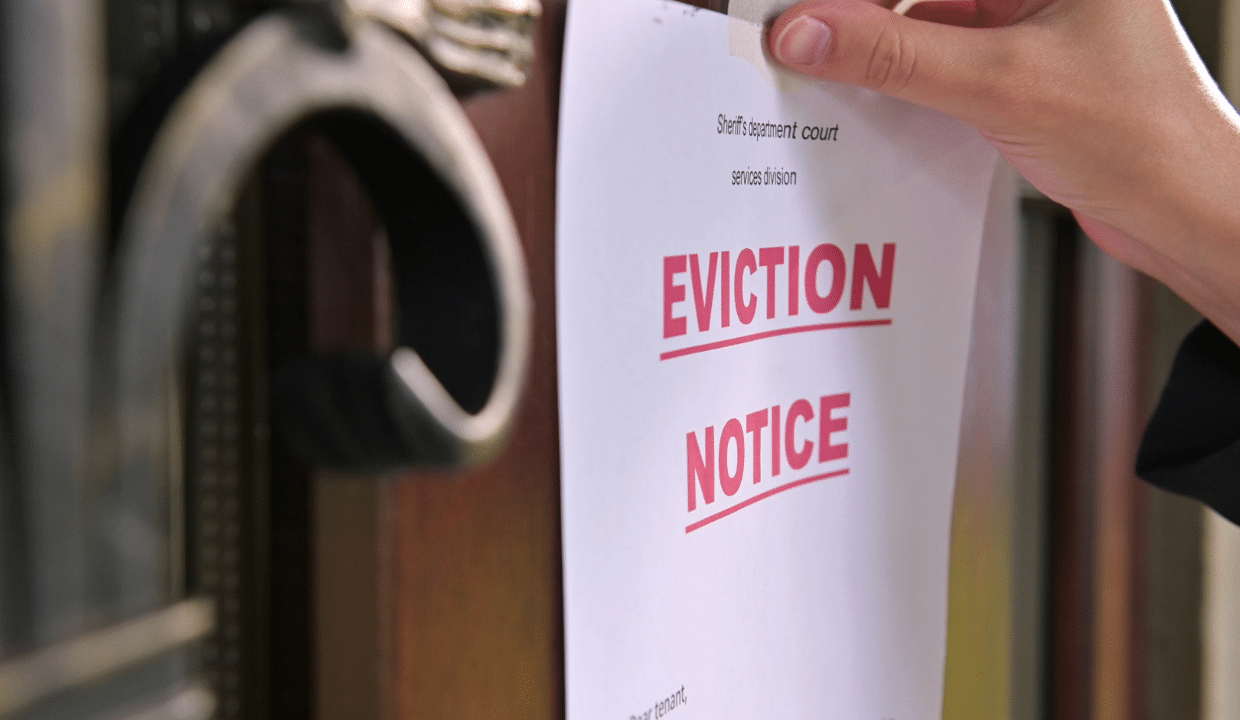How To Deal With Problematic Tenants: Pro Tips
Problematic tenants make your life as a homeowner terrible. The most common problems such tenants make are falling behind their rent and damaging the property. Fortunately, the UK Government has proposed a solution for the Landlords, which gives them the power to evict problematic tenants by giving a two weeks notice. All those tenants who come under this clause who use drugs, damage the property, play loud music, and lag their rental payments.
Following this, all new tenancy agreements should include provisions that prohibit anti-social behavior. In such cases, the notice period for eviction would be reduced from a month to two weeks. The new action plan advises landlords who use Airbnb to let out their property to register on the new database. The plan also assures introducing a new registration scheme to provide local councils with the data to ascertain short-term rentals in their area. That will make it easier for the councils to handle the objections against annoying guests.
This point was raised considering the potential for Airbnb guests to create problems for residential societies. The local officials could then take action against the problematic guests and owners as necessary. In reply to a question about Airbnb guests causing a noise nuisance, Prime Minister Rishi Sunak replied;
“Let me take that away. I’ve got a feeling we are looking at that from memory,” he said.
Sunak was also told that the anti-social behaviour, especially the inconvenient noise, could proceed through the night, and there is no control over it. He said he acknowledged that this could be enormously frustrating for the neighbours. Moreover, the government also promised to minimize the exercise of cuckooing, which is taking over a vulnerable person’s home and using it for illegal activity or a criminal offence.
A few more activities came under vandalism and anti-social behaviour, such as using Nitrous Oxide, also known as the “Laughing Gas.” This is about to be classified as a class C drug, and its use may result in up to two years of imprisonment. Other examples are littering, graffiti, and fly-tripping, which may have upfront fines of £500 or £1,000.
The offenders will be forced to wear high-visibility vests/suits and conduct “Community Payback” within 48 hours of being caught. And general public will be given the right to decide how these wrongdoers are penalized.
How to Deal with Problematic Tenants – Pro Tips
As a landlord, review common problems tenants make and take preventive measures to avoid such terrible tenants.
A well-written Contract – The tenancy contract should be clear and well-written in all respects, including the maintenance schedule, before the tenant takes possession.
Routine Inspection of the Property – Perform an extensive inspection of the property, take pictures, and document the physical condition of the property. After that, a routine inspection is a must which you should put into practice and address any potential maintenance requirements sooner.
Rigid Payment Policy – The tenancy contract must spell out the rent payment method and the due date for every month or quarter. It should also state, what if the tenant doesn’t pay on time? The standard should be the same for all tenants regardless of the situation.
Screening – Pre-screening of applicants will lessen the chance of criminals or wrongdoers being given property. Potentially it may reveal the chance of tenants being involved in illegal activities, especially drug-related.
Disclaimer
The information on this Blog is for general purposes only on matters of interest. The Company assumes no responsibility for errors or omissions in the Blog’s contents. Even if the Company takes every precaution to ensure the Blog’s content is current and accurate, errors can occur. Given the changing nature of laws, rules, and regulations, there may be delays, omissions, or inaccuracies in the information on the Blog. The Company is not responsible for any errors or omissions or the results obtained from this information. The Company reserves the right to make additions, deletions, or modifications to the Blog’s contents without prior notice. In no event shall the Company be liable for any special, direct, indirect, consequential, or incidental damages or any damages whatsoever, whether in an action of contract, negligence, or another tort, arising out of or in connection with the use of the Blog or the contents of the Blog. The Company does not warrant that the Blog is free of viruses or other harmful components.

